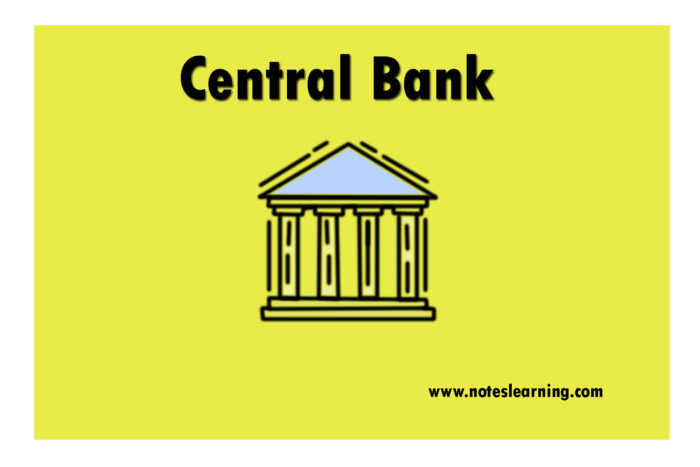Introduction
The Dictionary of Banking and Finance has defined the Central Bank as, “ The main government-controlled bank in a country, which controls the financial affairs of the country by fixing the main interest rate, issuing currency, supervision of other commercial banks and controlling the foreign exchange rate.” Central Bank is the apex bank of any country among other banking institutions. It is established by the government to operate, control, direct various financial institutions and prepare financial policy and promote the economic stability condition of the country.
Investopedia has defined the Central Bank as a financial institution given privileged control over the production and distribution of money and credit for a nation or a group of nations and also be responsible for the formulation of monetary policy and the regulation of financial institutions. The Central Bank impacts economic growth by controlling the liquidity in the financial system.
Some of the central banks of some of the countries are:
| Australia | Reserve Bank of Australia |
| Canada | Bank of Canada |
| China | People’s Bank of China |
| European Union | European Central Bank |
| India | Reserve Bank of India |
| Japan | Bank of Japan |
| Nepal | Nepal Rastra Bank |
| Pakistan | State Bank of Pakistan |
| Saudi Arabia | Saudi Arabian Monetary Authority |
| United Kingdom | Bank of England |
| United States | Federal Reserve System |
Functions of Central Bank
Issues notes and currencies
Most of the central banks have the monopoly function to issue notes and currency. Central Banks issue metal coins and paper notes. For this, central banks need to keep a reserve in the form of gold and foreign securities as per the rules. Along with the issuance, central banks have the authority to destroy the damaged currency or which are not in circulation.
Performs function as a government bank
Central banks provide all the related banking facilities to the central government and state government. They also spend money from consolidated fund accounts, collect the revenue, pay for the expenditure of the government as directed. Central bank also provides loans to the government for their project.
Along with that, the central bank carries out exchange, remittance and other banking operations on the behalf of the government.
Performs functions as banker of banks
Central bank is the supreme bank thus it has the right to control all the financial institutions of the country. Central bank is responsible for determining and providing guidelines to the banks operating in the country i.e. determining interest rate, deposit and withdrawal guidelines, expansion and contraction guidelines etc. Under this, central bank has following responsibilities under this:
- Central bank is the custodian of the cash reserves.
- Central bank is the lender of last resort.
- Central bank acts as a bank of central clearance, settlements and transfers.
Control foreign exchange
Central banks prepare and formulate policies for regulating foreign exchange. It has the right to control foreign exchange. The bank also provide permission to other banks and agencies to conduct exchange functions and are responsible for controlling foreign exchange issues. Central banks also have the responsibility of clearing houses for foreign currency.
Develop banking system
Central bank is responsible for the permission to the individual or institutions to establish a bank or conduct any financial functions. Along with it, the central bank is responsible for the changes in the financial system i.e. introduction of new systems, changes in policies, upgrading the current system etc.
Central banks are also responsible to aware the individuals and institutions about the new policies and systems they have introduced. Financial literacy and banking development is also the function of the central bank.
Mobilizes capital and manages the debt
Central banks have the right, as per the agreement with the government and authorities, to collect debt and to mobilize the unused capital of the public by providing loans to the government for the infrastructure and development oriented projects and programs.
Creates and control credit
The Central bank is liable for monetary policy and through this it controls credit and money supply. The Central banks can prepare rules and regulations with the permission of the government for the creation and control of credit. Central banks create the credit for the expansion and mobilization of capital and controls credit at the time of inflation to stabilize the economy by adopting quantitative and qualitative measures
Financial representative of a country
Central banks act as the special representative for internal and external financial affairs. Central banks represent the country in international monetary and financial policy forums when it is needed to be represented.
References

